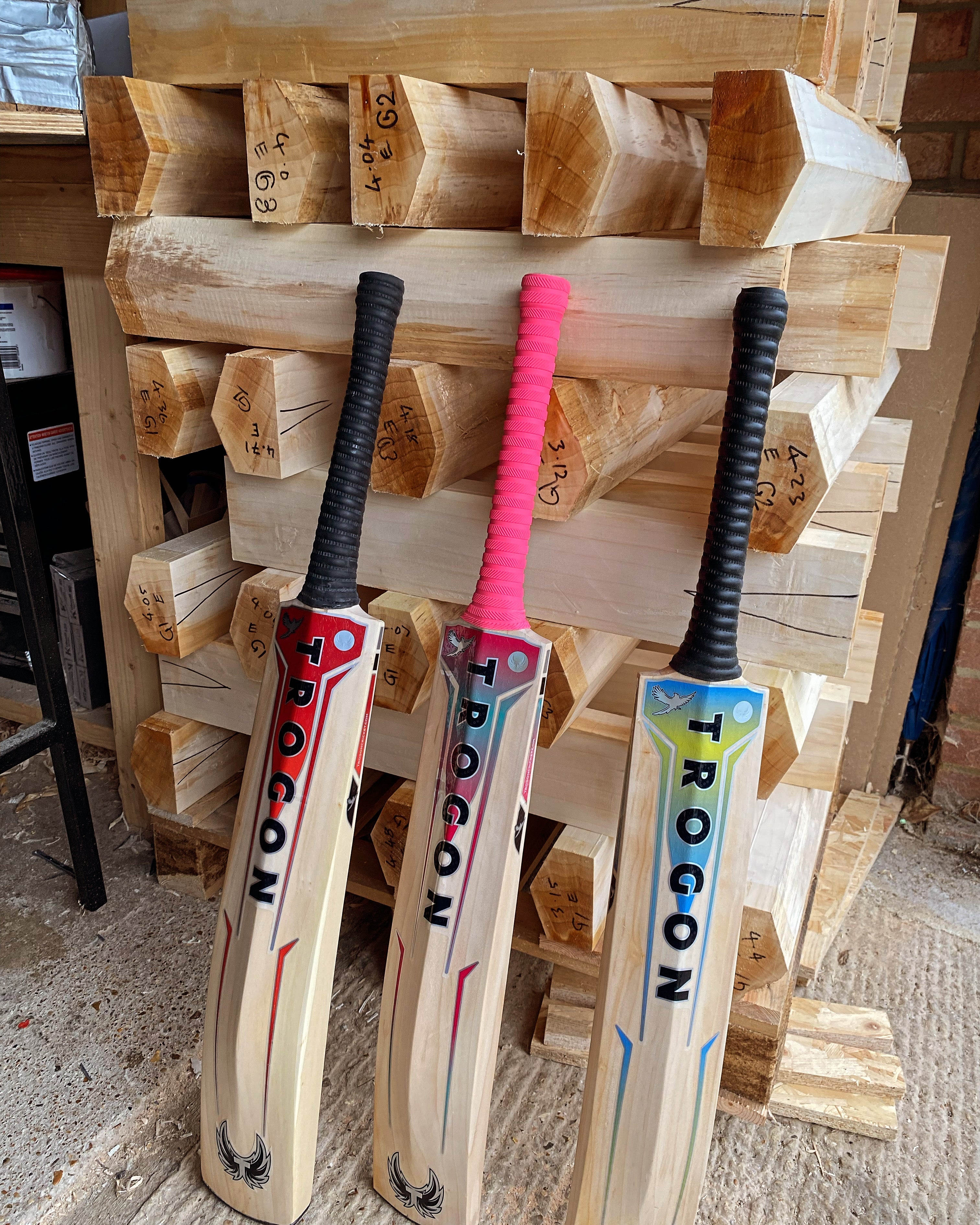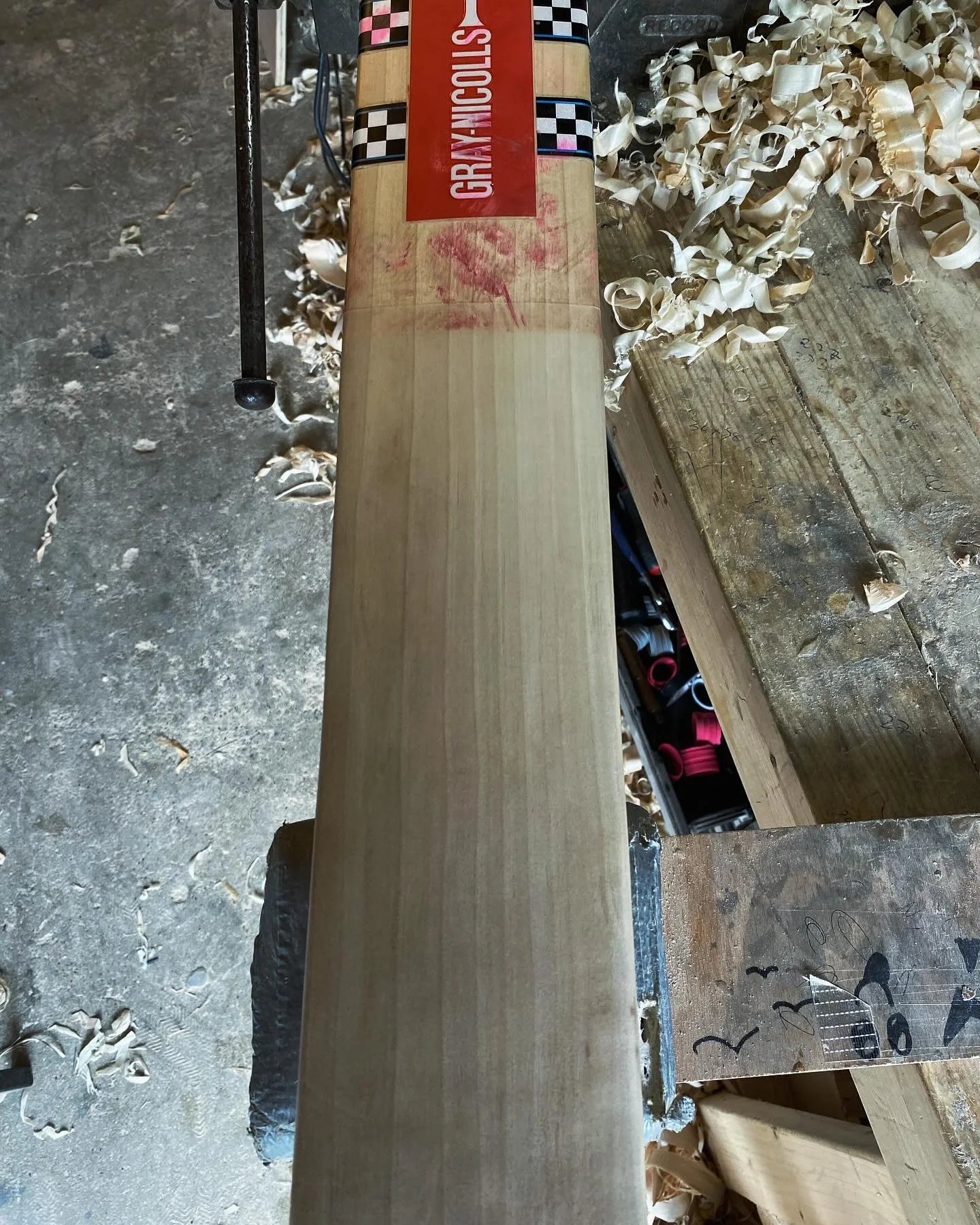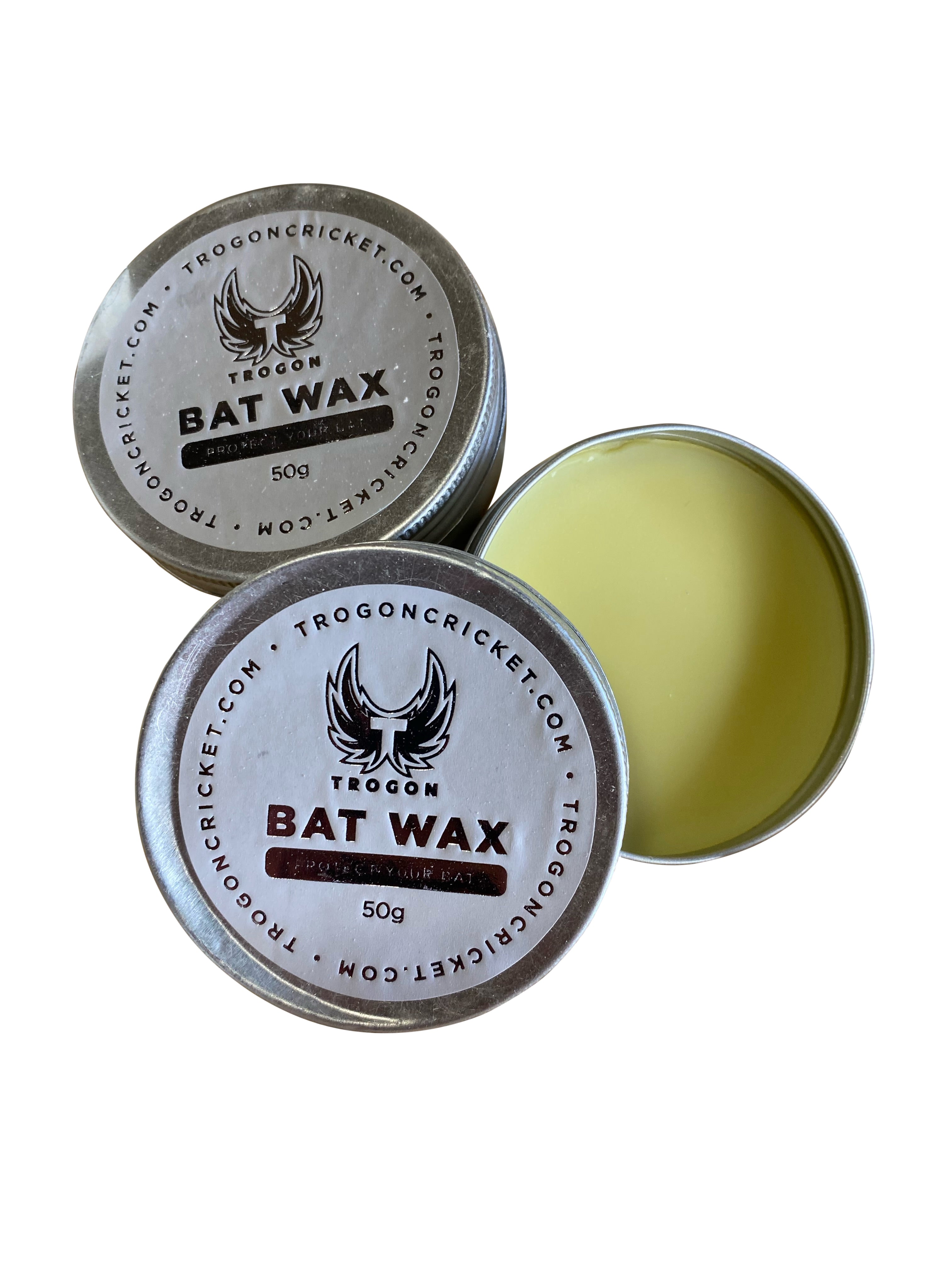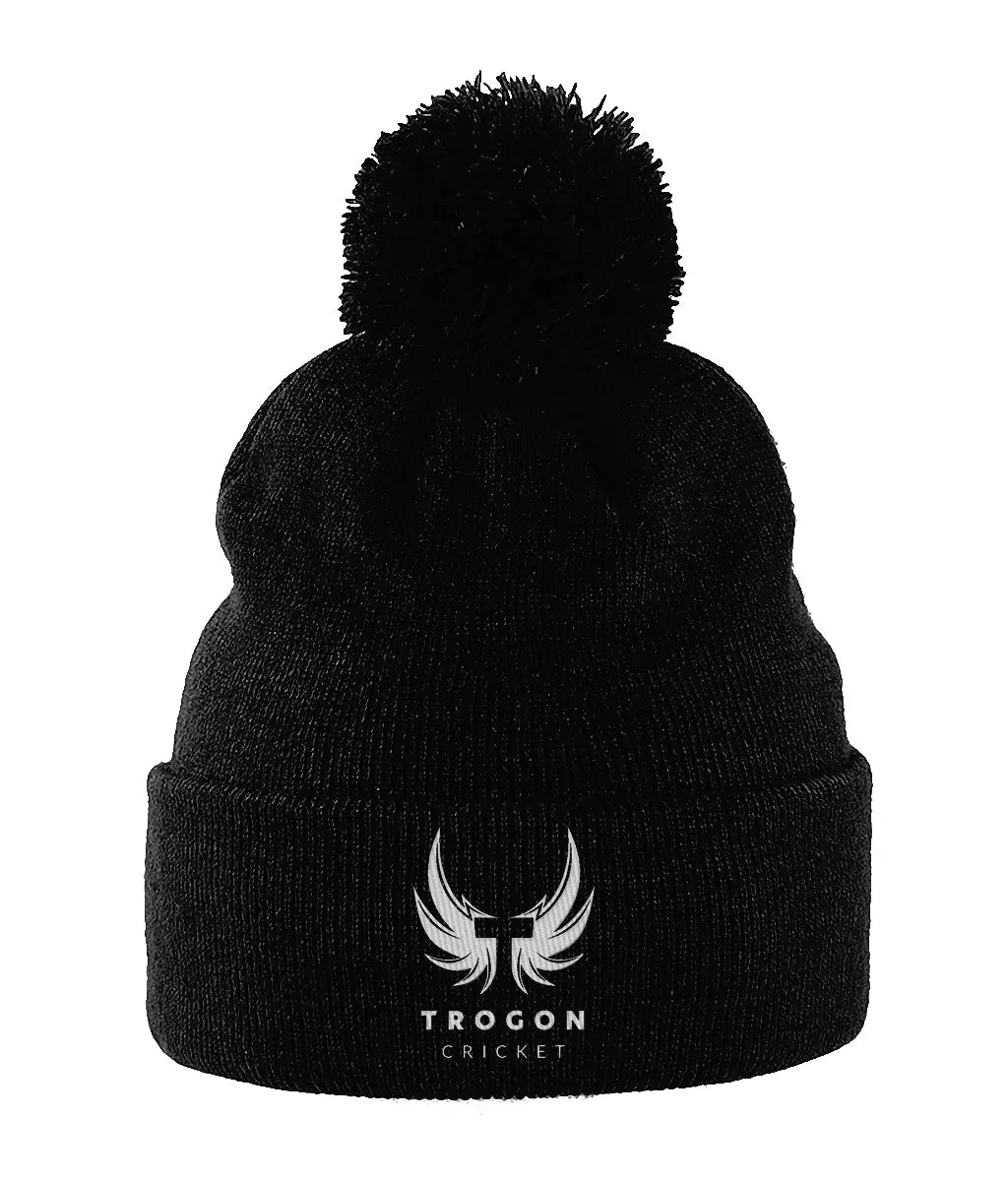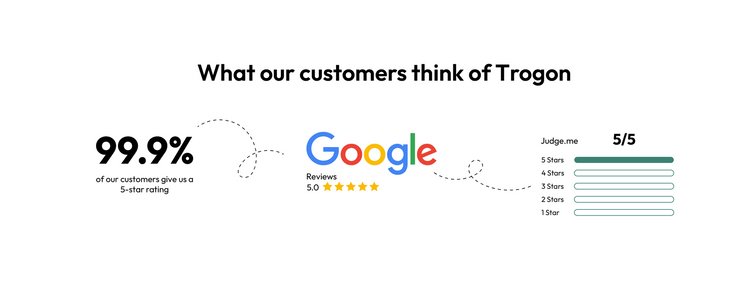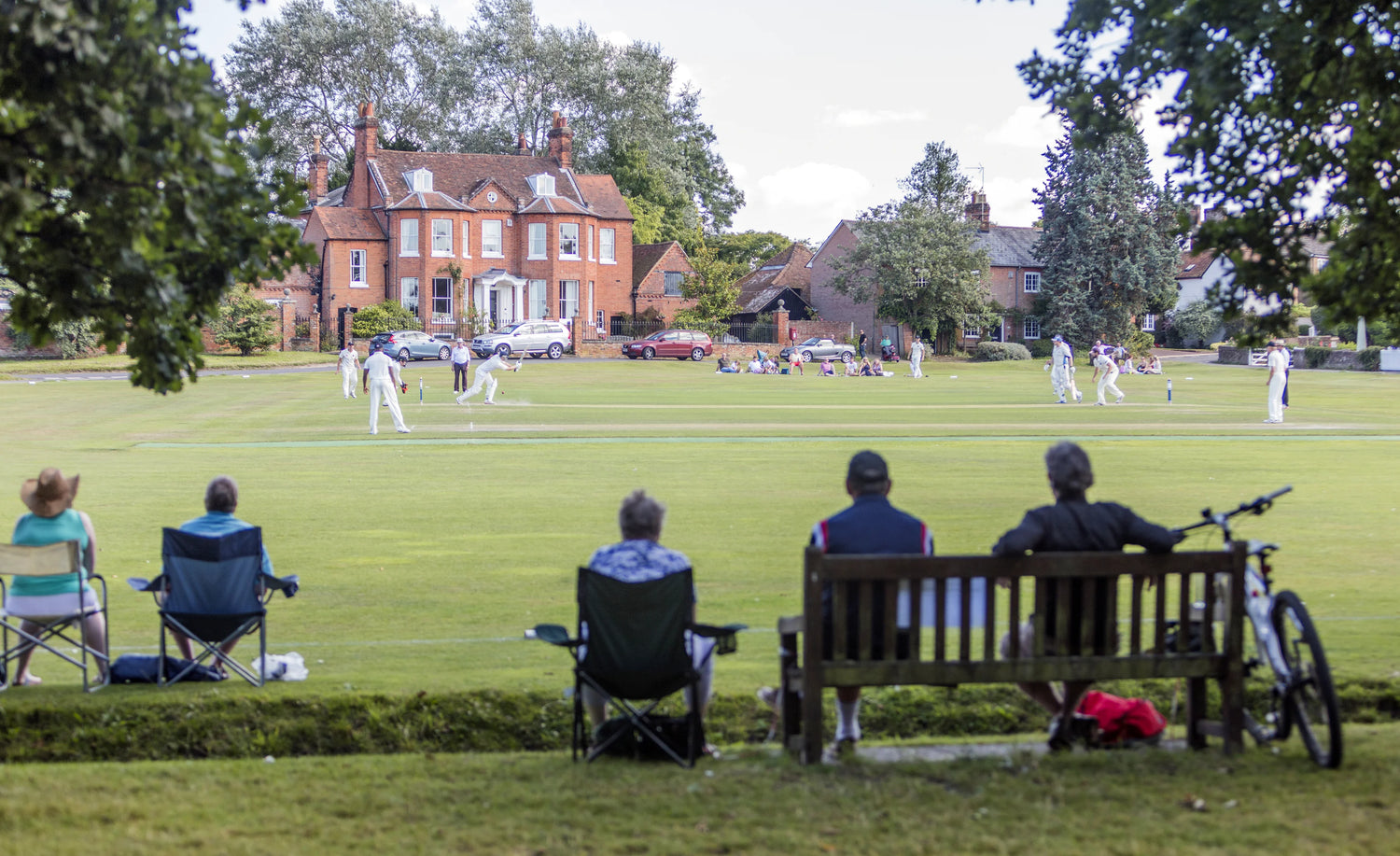Understanding cricket bat weights is paramount in selecting the right bat; for all batters, young, old, male, and female, getting the right weight is vital.
The weight of a cricket bat is a highly personal decision. It relates to the ‘pick-up’ of the bat—the feeling you get when lifting the bat in your stance. Selecting the correct bat size based on player height and age is crucial for performance and comfort when at the crease or in the nets.
But what are the different weights, and why are they important?
Cricket bat weights vary by player type: 2.5-3lbs for adult males and 2.2-2.6lbs for adult females, with lighter options for youths and kids. The correct weight enhances control, power, and comfort, affecting a player’s ability to swing the bat effectively and maintain endurance throughout a match in the summer heat.
Choosing the correct size of cricket bat is essential for proper technical development, especially for junior players.
Right, let’s jump in and get all the nitty-gritty details
It’s essential to note that cricket bats are weighed before the binding, grip, and stickers are applied (this is called the naked weight).
When the binding, grips, etc., are added, this is known as the ‘dressed weight.’ This alters the final weight, which is, on average, around 2oz (but this does depend on the grip being added). However, the core weight range typically remains within certain parameters.
Let’s break down these weights by category:
English Willow Bats Weight Breakdown
-
Male adult cricket bat weights: Most fall between 2.5lbs and 3lbs. This range is optimal for providing sufficient power without compromising bat speed.
-
Female adult cricket bat weights: These bats are lighter, ranging from 2.2lbs to 2.6lbs. The reduced weight accommodates female cricketers’ generally smaller physique and strength, allowing for better control (although this is a sweeping statement and certainly not always the case)
-
Male youth cricket bat weights: Young male cricketers use bats that range from 2.1lbs to 2.4lbs, which suits their developing strength and technique.
-
Female youth cricket bat weights: These bats are lighter, from 1.15lbs to 2.2lbs, tailored to the needs of younger players who are still growing.
-
Kids cricket bat weights: The lightest of the spectrum, these bats weigh between 1.10lbs and 1.4lbs, allowing the youngest players to handle the bat easily and learn the fundamentals of the game.
Choosing the right junior bats is essential for young cricketers. Junior bats are designed to be lighter and scaled down in size to accommodate younger players, ensuring proper development and effective stroke play without hampering technical development or causing injury.
These weight categories are not set in stone but serve as a general guide. Personal preference and playing style play significant roles in choosing a bat, and obviously, at Trogon we can make you a custom bat at your preferred weight.
I have written another blog post about why the scale weight of the bat shouldn’t be the most critical factor, but the weight of the pick-up cricket bat should be considered.
A heavier bat might provide more power, but it could also slow the stroke, which is not ideal for players relying on quick wrist work and timing.
For those requiring heavier bats than the standard 3lbs, these are less commonly requested but can be made available.
Below is our Trogon cricket size guide which provides more details on the weight ranges per size of bat.

Now, how do you determine the right weight?
This decision comes down to several factors:
Cricket Bat Weight
-
Bat Speed: A lighter bat can enable faster bat speed, which is crucial for players who like to make quick scoring shots or need to react rapidly to fast bowlers. Additionally, the weight of the bat should complement the player's batting style, whether they predominantly play off the back foot or front foot.
-
Power: A heavier bat can hit the ball further due to the additional mass behind the shot, which is beneficial for players aiming to play powerful drives and lofted shots.
-
Control: The bat's weight should not compromise your ability to control the bat in your shots, especially when playing delicate or precision shots, like little nurdles around the corner.
-
Endurance: Carrying a heavier bat through long innings can lead to fatigue. Players should consider their fitness level and stamina when selecting their bat weight.
-
Pick-up: This subjective feeling of how the bat weight is distributed when picked up is crucial. Two bats with the same scale weight can differ due to the weight distribution along the blade.
When assessing these factors, it’s vital to handle the bats, if possible. Practice swings and, if available, net sessions with different-weighted bats can significantly help you make the best choice for your game.
If you like one of our Trogon bats but cannot visit our workshop, we have a returns policy. If you receive a bat and feel it's too heavy, you can return it to us, but you must do this before using it.
Cricket Bat Materials and Construction
What are cricket bats made of?
Cricket bats are typically made from high-quality willow, with English Willow being the preferred choice for professional and serious cricketers.
English Willow is renowned for its lightweight, shock-absorbing properties and large sweet spot, which make it ideal for high-performance cricketing by adult and junior cricketers.
Constructing a cricket bat involves several meticulous stages to ensure the final product meets the required standards.
Here’s a brief overview of the process:
-
Harvesting: The journey begins with the harvesting of willow trees. The wood is then cut into clefts, ready for further processing.
-
Splicing: The process of cutting the handle and inserting it into the blade.
-
Shaping: The clefts are carefully shaped to form the bat’s shoulders, blade, and toe. This stage is crucial as it determines the bat’s balance and pick-up.
-
Sanding: The bat undergoes sanding to smooth out rough edges, ensuring a comfortable grip and a sleek finish.
-
Finishing: Finally, the bat is finished with a coat of varnish or oil. This protects the wood and enhances its appearance, giving the bat a polished look.
By understanding the materials and construction process, players can better appreciate the craftsmanship that goes into making each cricket bat. Whether our customers order an adult or junior bat here at Trogon, we go through the same process and put as much love, care and attention into a Grade 1+ as we do a Grade 2 size 5 bat.
Cricket Bat Quality and Performance
What do grains mean on a cricket bat?
The grains on a cricket bat are the vertical lines that run up its face. This is a natural feature of willow wood.
These grains are more than just aesthetic; they play a significant role in the bat’s performance and quality.
-
Higher grain count: A higher grain count, typically between 6-10+ grains, indicates a higher-quality bat. These bats are often more responsive and offer better performance, making them a preferred choice for serious players looking for optimal performance.
-
Lower grain count: Bats with fewer than 6 grains may not perform as well as higher-grain bats. However, they can still be suitable for players new to the game or those prioritising durability over performance.
Understanding the significance of grains can help players choose the bat that best suits their playing style and performance needs.
Whether you’re selecting a bat with a high grain count for its superior performance or a lower grain count for its durability, the grains are a key indicator of the bat’s quality.
Cricket Bat Size Guide and Customisation
Moving onto customisation, I take great pride in hand-making cricket bats to cater to all shapes, sizes, and, importantly, weights here at Trogon Cricket.
Our expert craftsmanship ensures that each bat meets every batter's technical requirements and personal preferences.
We tailor each piece to the batter's needs, whether a light pick-up for quick singles or a heavier blade for sending the ball sailing over the boundary.
In addition to custom options, we also offer a range of stock cricket bats. These bats are made from English willow, each with unique characteristics and benefits.
Okay, so you have decided on the weight of your cricket bat. Now, you need to understand how to care for it.
Cricket Bat Maintenance and Care
How to Keep Your Cricket Bat in Good Condition
Proper maintenance and care are essential to extending the life of your cricket bat and ensuring its optimal performance.
Here are some practical tips to keep your bat in top condition:
-
Store the bat in a dry, cool place: Avoid storing your cricket bat in direct sunlight or humid environments, as these conditions can cause the wood to warp or crack.
-
Apply linseed oil: Regularly applying a coat of linseed oil can protect the wood and enhance its appearance. This helps maintain the bat’s integrity and prolongs its lifespan.
-
Avoid extreme temperatures: Exposing your bat to extreme temperatures can cause the wood to expand or contract, leading to potential damage. To prevent such issues, keep your bat in a stable environment.
-
Handle with care: Do not drop the bat or subject it to excessive impact. Rough handling can damage the wood or handle, affecting the bat’s performance.
-
Regularly inspect the bat: Regularly check your bat for signs of wear and tear. Address any issues promptly to prevent further damage and ensure the bat remains in good playing condition.
By following these maintenance tips, you can keep your cricket bat in excellent condition, ensuring it delivers optimal performance every time you step to the crease.
Conclusion
In conclusion, understanding cricket bat weights is not just about numbers on a scale; it’s about feeling the balance, judging the swing, and matching it to your style of play.
At Trogon Cricket, we recognise the individuality of each player and provide an array of options, from male adult cricket bat weights to female youth cricket bat weights, ensuring every player can find their perfect match.
Our dedication to customisation means that no matter your preference, we can craft a bat that feels like it was made just for you—because, in a way, it was.
Thank You for Reading!
If you’ve made it this far, I’m truly grateful for your time and interest. At Trogon, we’re passionate about providing cricket enthusiasts with exceptional handmade English willow bats, high-quality cricket gear, and stylish cricket-inspired clothing.
Whether you’re exploring our unique range of products, looking for expert bat servicing, or simply sharing our love for the game, your support fuels our journey to make cricket even more special.
Thank you for being part of the Trogon family—together, we’re shaping a legacy for cricket lovers everywhere!

Trogon Product Guarantee
At Trogon Cricket, we stand behind every bat we make. That’s why all our cricket bats come with a 6-month guarantee. If your bat breaks during this period, we’ll replace it with a like-for-like model—no hassle, no stress.
We know how important it is to invest in the right bat, and our guarantee is our way of ensuring your peace of mind. All we ask is that the bat has been properly knocked in, so it’s ready for the rigours of the game.
This commitment goes above and beyond your statutory rights, offering you unmatched confidence in your purchase.
Ready to experience the Trogon difference? Let us help you find your perfect bat today—whether you're browsing our collection or have questions, we’re here to assist! Contact Us Today
Click on the below links and see our collection of beautiful Adiult and Junior English willow, Hand made in West Sussex cricket bats.








